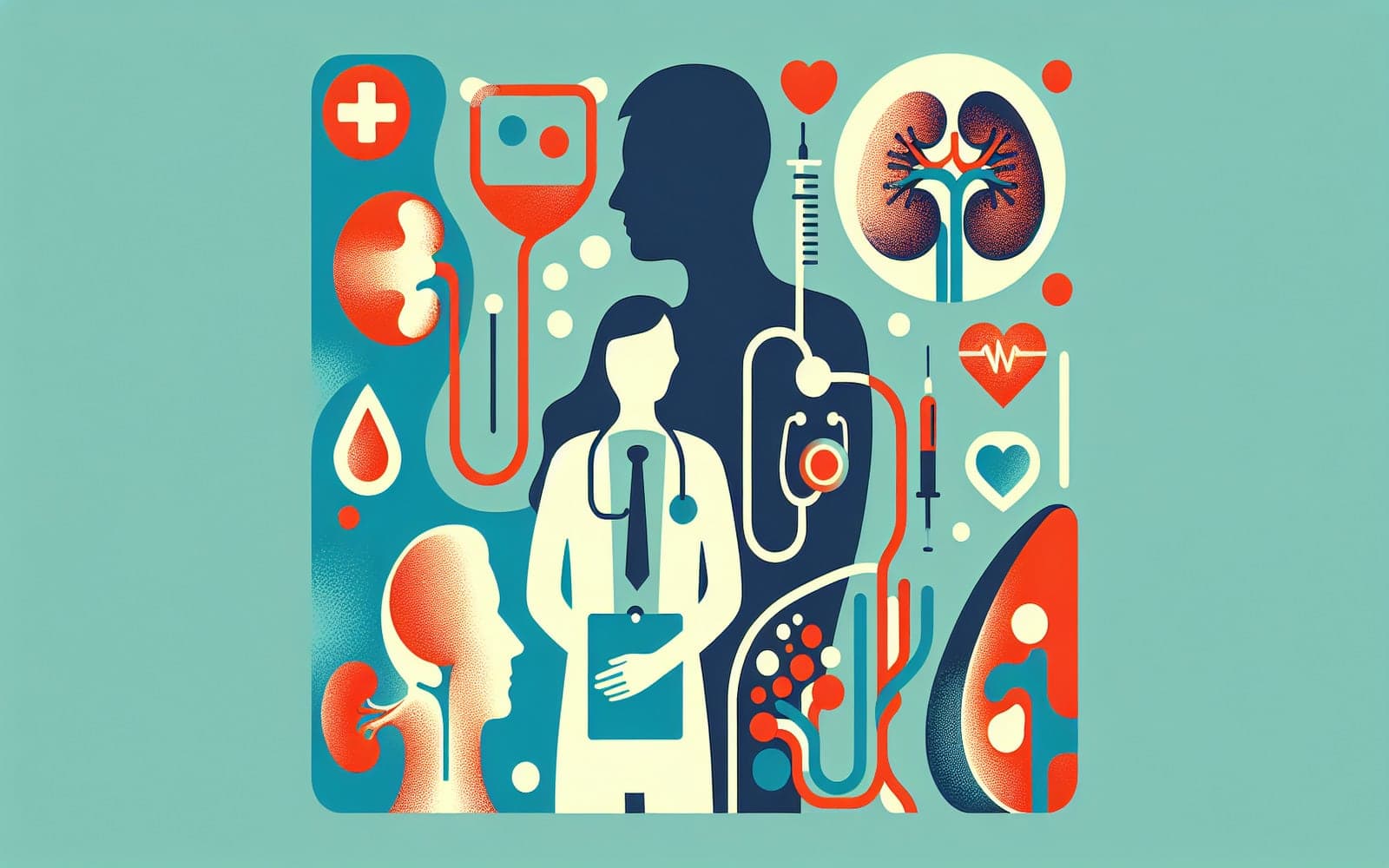What Causes Hypoaldosteronism?
Published: Apr 24, 2024
Hypoaldosteronism can have several underlying causes, each affecting how your body produces or responds to aldosterone. Let's uncover them.
Contents
Kidney and Adrenal Gland Issues
Problems with the kidneys or adrenal glands are common causes of hypoaldosteronism. These organs play a crucial role in hormone production and regulation. Kidney diseases like diabetic nephropathy can impair hormone production. Similarly, adrenal gland disorders can reduce aldosterone synthesis.
Medications
Certain medications can lead to hypoaldosteronism by affecting hormone levels. Drugs like NSAIDs, ACE inhibitors, or ARBs can interfere with aldosterone production. It's important to review medication use in patients experiencing symptoms of this condition.

Inherited Conditions
Some forms of hypoaldosteronism are inherited. Genetic disorders can cause issues with hormone production or responsiveness. These inherited conditions often require specialized care and treatment approaches.
Frequently Asked Questions
Yes, certain drugs affect hormone levels.
Some forms are inherited genetic disorders.
Kidneys help regulate hormone production.
Yes, they are crucial for aldosterone synthesis.
Key Takeaways
Understanding the causes of hypoaldosteronism can lead to effective management and treatment.
Next steps include consulting Doctronic to explore the specific causes of your hypoaldosteronism.Related Articles
References
DeFronzo RA. Hyperkalemia and hyporeninemic hypoaldosteronism. Kidney Int 1980; 17:118.
Rodríguez Soriano J. Renal tubular acidosis: the clinical entity. J Am Soc Nephrol 2002; 13:2160.
Always discuss health information with your healthcare provider.